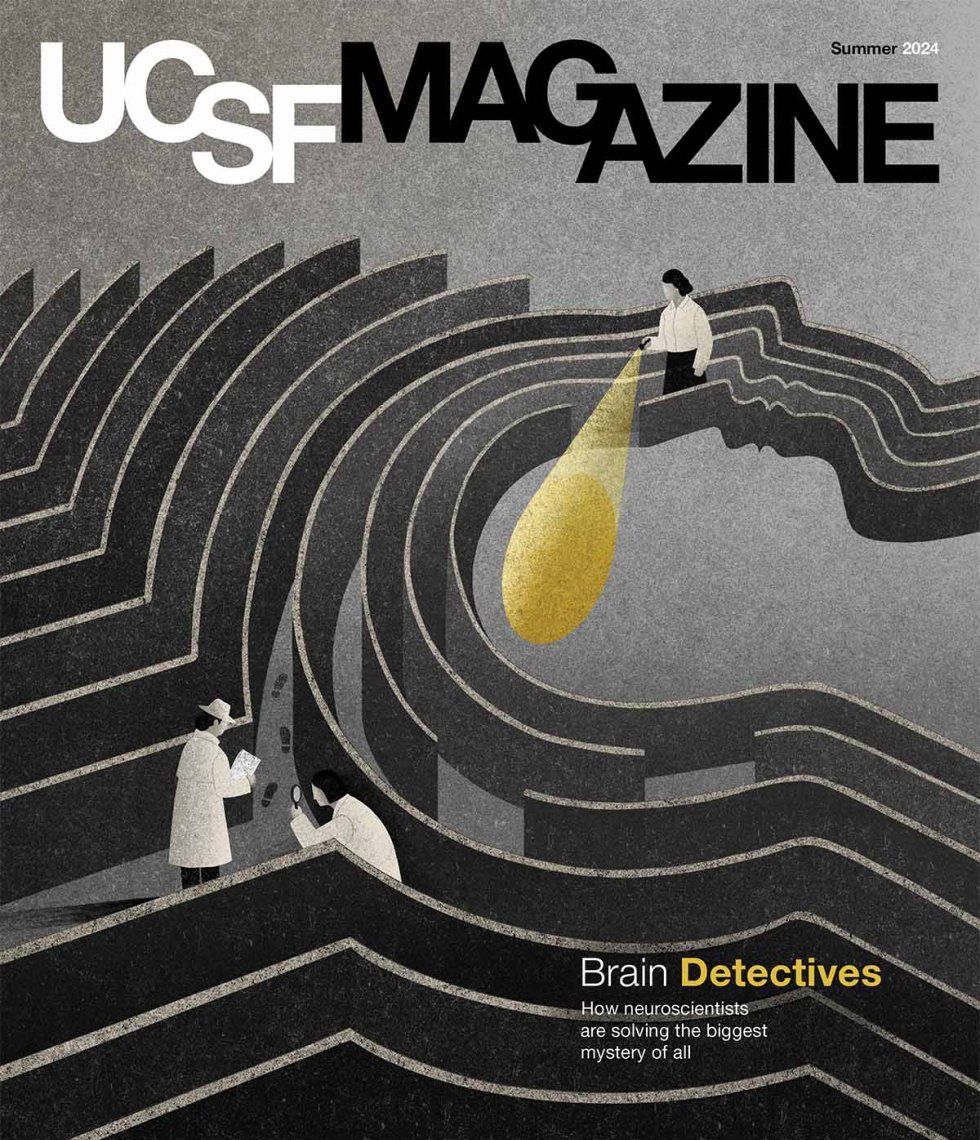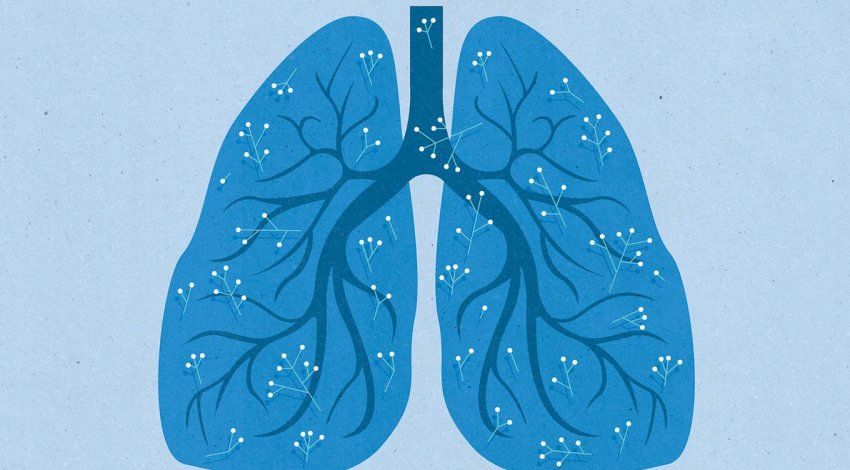
14 Ways UCSF Is Exploring the Heart
In labs and clinics across UCSF, scientists are unraveling how to keep one of our hardest-working organs beating away.
Recently discovered dangers to heart health
Marijuana use (smoking weed) poses cardiac risks comparable to smoking tobacco. With more people across the U.S using cannabis, more heart attacks and strokes could follow.
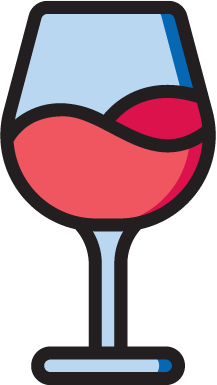
A single glass of wine can quickly and significantly raise your risk for atrial fibrillation (A-fib), irregular heartbeats that can lead to blood clots, heart failure, stroke, and other heart-related problems.
Meth, opiates, and cocaine can increase your risk of A-fib – meth by 86%, opiates by 74%, and cocaine by 61%.
E-cigarette use every day can nearly double your odds of having a heart attack.
A night of poor sleep might mean heart trouble in the morning. Bad sleep is tied to significantly higher odds of experiencing A-fib the following day.
Binge drinking might land you in the emergency room. Booze-filled days like Super Bowl Sunday are associated with more ER visits for A-fib.
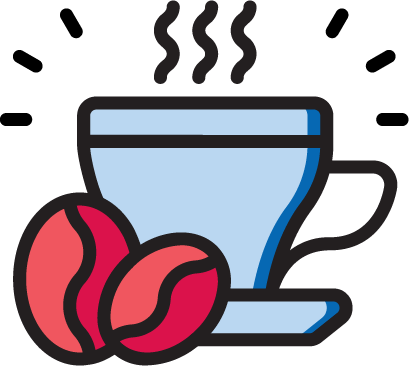
But drinking coffee is OK. It doesn’t raise your risk for heart rhythm problems.
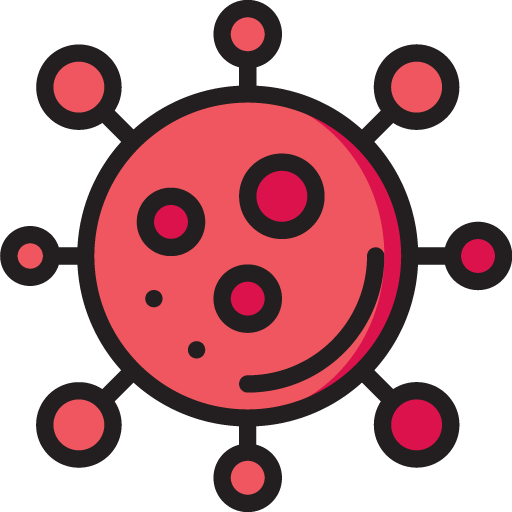
Long COVID leaves some people with a diminished capacity to exercise. The culprit? Their heart rate does not increase adequately during workouts.
Sharper detection of defects with AI
Doctors can double their accuracy in detecting most complex fetal heart defects in utero by combining routine ultrasound imaging with machine-learning computer tools.
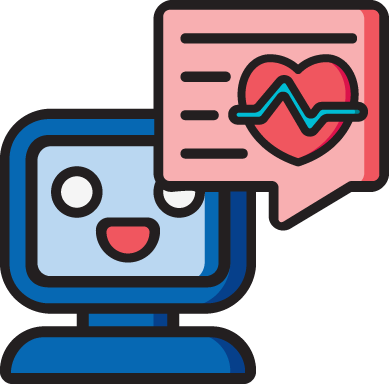
Coming soon: a fully automated, text-based AI chatbot to educate women about heart disease.
Smart data, better hearts
The Health eHeart study – the first and biggest of its kind – is monitoring the heart health of participants online through smartphones and wearables like the Apple Watch and Fitbit devices. The data may eventually help physicians predict a heart disease diagnosis, when the disease will get worse, and what people can do to improve their heart health.
UCSF Blood Discoveries
Warm blood
Why can’t our hearts regenerate after injury? Our earliest mammalian ancestors may have lost this ability in exchange for endothermy, or “warm-bloodedness.”
Alzheimer’s link
Genetics may predispose some people to both Alzheimer’s disease and high levels of blood lipids such as cholesterol.
So long, salt
Cutting back on salt trumps other lifestyle changes in curbing stage 1 hypertension, the less severe of two tiers of high blood pressure.
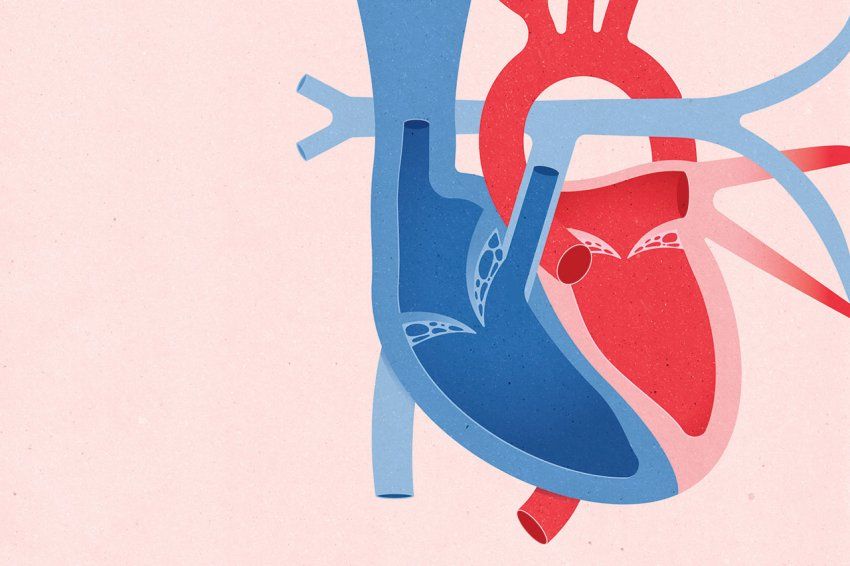
Recently discovered dangers to heart health
Marijuana use (smoking weed) poses cardiac risks comparable to smoking tobacco. With more people across the U.S using cannabis, more heart attacks and strokes could follow.

A single glass of wine can quickly and significantly raise your risk for atrial fibrillation (A-fib), irregular heartbeats that can lead to blood clots, heart failure, stroke, and other heart-related problems.
Meth, opiates, and cocaine can increase your risk of A-fib – meth by 86%, opiates by 74%, and cocaine by 61%.
E-cigarette use every day can nearly double your odds of having a heart attack.
A night of poor sleep might mean heart trouble in the morning. Bad sleep is tied to significantly higher odds of experiencing A-fib the following day.
Binge drinking might land you in the emergency room. Booze-filled days like Super Bowl Sunday are associated with more ER visits for A-fib.

But drinking coffee is OK. It doesn’t raise your risk for heart rhythm problems.
UCSF Blood Discoveries
Warm blood
Why can’t our hearts regenerate after injury? Our earliest mammalian ancestors may have lost this ability in exchange for endothermy, or “warm-bloodedness.”
Alzheimer’s link
Genetics may predispose some people to both Alzheimer’s disease and high levels of blood lipids such as cholesterol.
So long, salt
Cutting back on salt trumps other lifestyle changes in curbing stage 1 hypertension, the less severe of two tiers of high blood pressure.

Long COVID leaves some people with a diminished capacity to exercise. The culprit? Their heart rate does not increase adequately during workouts.
Sharper detection of defects with AI
Doctors can double their accuracy in detecting most complex fetal heart defects in utero by combining routine ultrasound imaging with machine-learning computer tools.

Coming soon: a fully automated, text-based AI chatbot to educate women about heart disease.
Smart data, better hearts
The Health eHeart study – the first and biggest of its kind – is monitoring the heart health of participants online through smartphones and wearables like the Apple Watch and Fitbit devices. The data may eventually help physicians predict a heart disease diagnosis, when the disease will get worse, and what people can do to improve their heart health.

